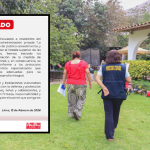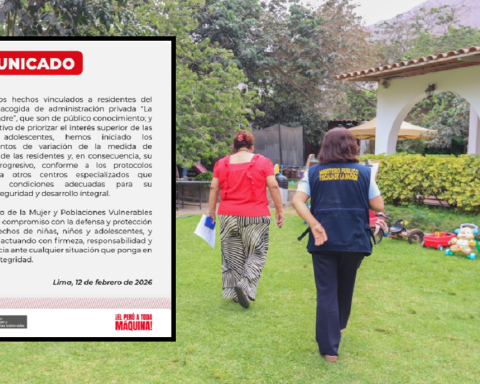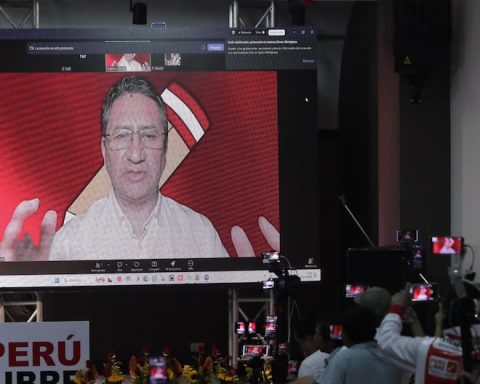c
Élestin Freinet, the educator who with good sense proposes that dignified, creative, diverse, cooperative, challenging and joyful work be carried out at school, leading me to present on this occasion, in the form of free text, some examples that make clear the meaning of said work, without the need to resort to other types of explanations. Following Freinet, I give the floor to children who express themselves with spontaneity, enthusiasm and sincerity. I choose representative episodes of moments and situations that have to do with the beginning and first times in which the Freinet printing press was used by Spanish children.
First of all, I will refer to what a 13-year-old Andalusian boy named Andrés Ortega, a native of Cuevas, in the province of Almería, said in 1929 and, as far as I can find out, he is the first identified Spanish boy who manipulates a Freinet printing press. Andrés is the eldest son of a modest family that emigrates to France in search of work. Andrés, naturally, has desires, dreams, joys and also sadness. And something that is very important: Andrés needs to learn the French language at school.
Andrés is the author of a writing titled The printing presswritten in French and published in France in a full-color notebook, made with a Freinet printing press. The notebook has a cover with the heading “À travers mon enfance”, is illustrated by Polo Rouveyrol, an 11-year-old French boy, and is part of two different collections of Freinet pamphlets published in France. Andrés’ text is due to the fact that he is a student at the Freinetian school, in Masdieu-Laval (Gard), and he carries out his work with the help of Léo Rousson, the teacher in charge. Without further ado, I present a fragment in which Andrés expresses himself with childish words that say it all. What is missing is for the reader to enjoy them.
Back from the long vacation, the Societé du Sou bought us a printing press. The first afternoon, Mr. Rousson named four big students to print. It was the first time we saw a printing press. Mr. Rousson explained to us where to find the lyrics, how to take the composers and how to compose. We immediately started printing. We made many mistakes. We had to look in the mirror to correct them. Now we are much more skilled. We all wanted to print our texts. This is how we made a lot of progress in spelling and composition in French, especially me. I can say that thanks to the printing press I learned French. Long live the printing press!
Secondly, I will transcribe a school episode, narrated by the school inspector Herminio Almendros, starring the teacher Patricio Redondo and his students from the national children’s school number 1, in Puigvert de Lérida, back in 1933. This is what Almendros writes:
“Good Patrick! He lived alone in the small rural town of his school, in a humble room that never closed. His life was in school. Whoever wanted to find it, at any time, would have to go there. He spent the hours studying and preparing the days’ school work, alone or accompanied by children, who preferred school to their home or the street, even after hours. There were days when, too early, a group of students would go to the teacher’s house and push the door of the room: -Patrick, please get up and open the school. We have to throw out some forms and finish the notebooks. The day after tomorrow is the town festival, and we want to bring that gift home. At night we will also have to stay. Patricio got up: –Take the key and go, I’ll be right away. The students adored the teacher.”
In 1990 I interviewed José María Bosch in Puigvert de Lérida, one of those children who, at the age of 70, remembered:
We all looked to make the best writing, we took care of the composer so that there were fewer typos. The exciting thing was when we had the newspaper done, when we opened it, six, eight, 10 pages, and we read it. We stayed up until late at night working on it; Anyone who wanted to leave left, but most of us stayed. We felt so comfortable that time passed without realizing it (many times our parents came looking for us when they saw the time); We drew, and we made the clichés with a gouge on linoleum, and then printed them. The teacher ensured, no matter how badly it turned out, that each of us did the work. What the author did was well done and was not touched; There was no one to rectify it. We did something we liked and we wanted to do it well; We were interested in that
.
Freinet was concerned that the usual school, which he had to live and transform, was so unattractive
. It encourages me to know that with the work of free text and the printing press (printer, today), with good sense, dignity and joy, school, including the university, becomes attractive for students and teachers.
Let’s raise the sights of education!
*Professor at UNAM
















